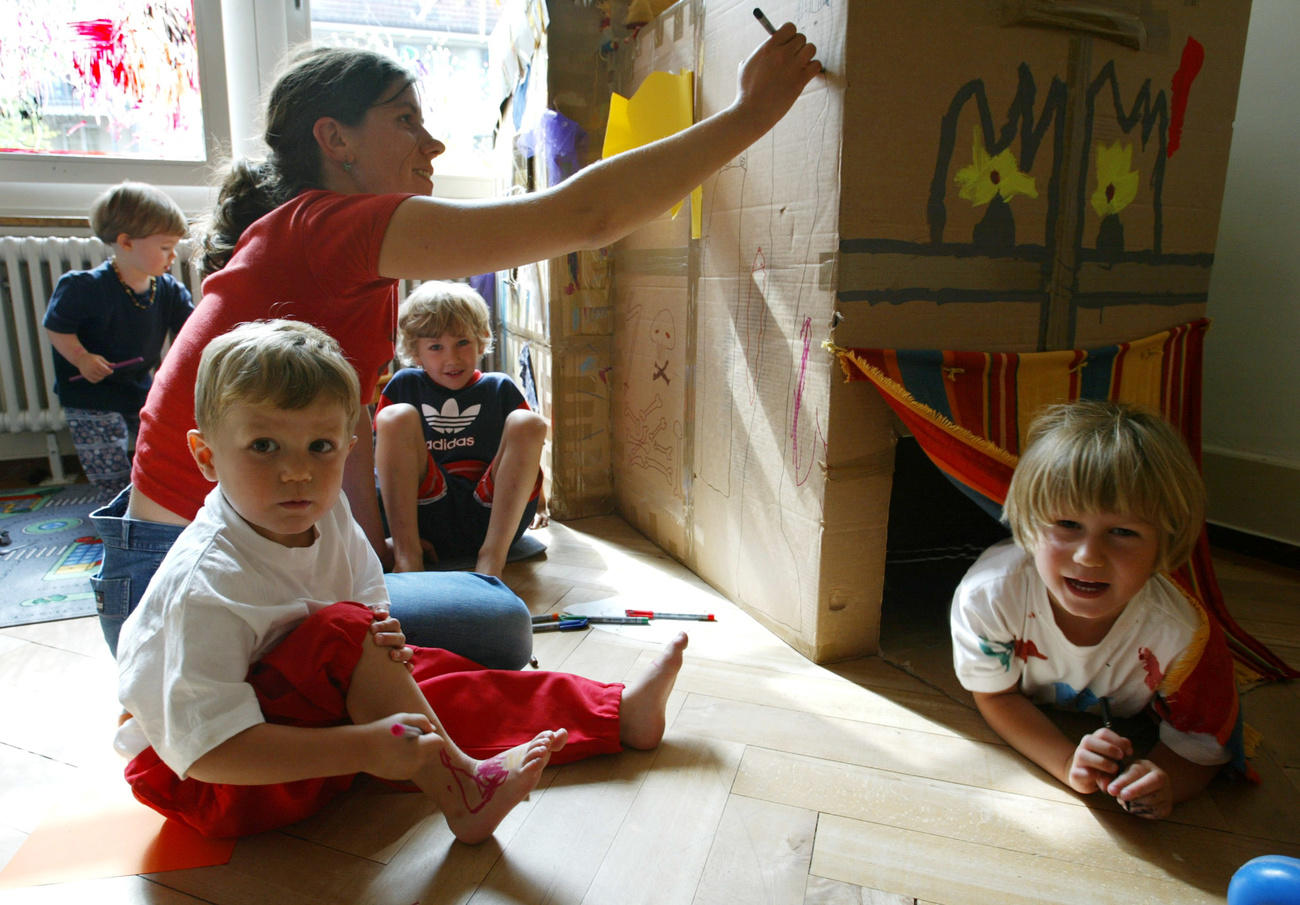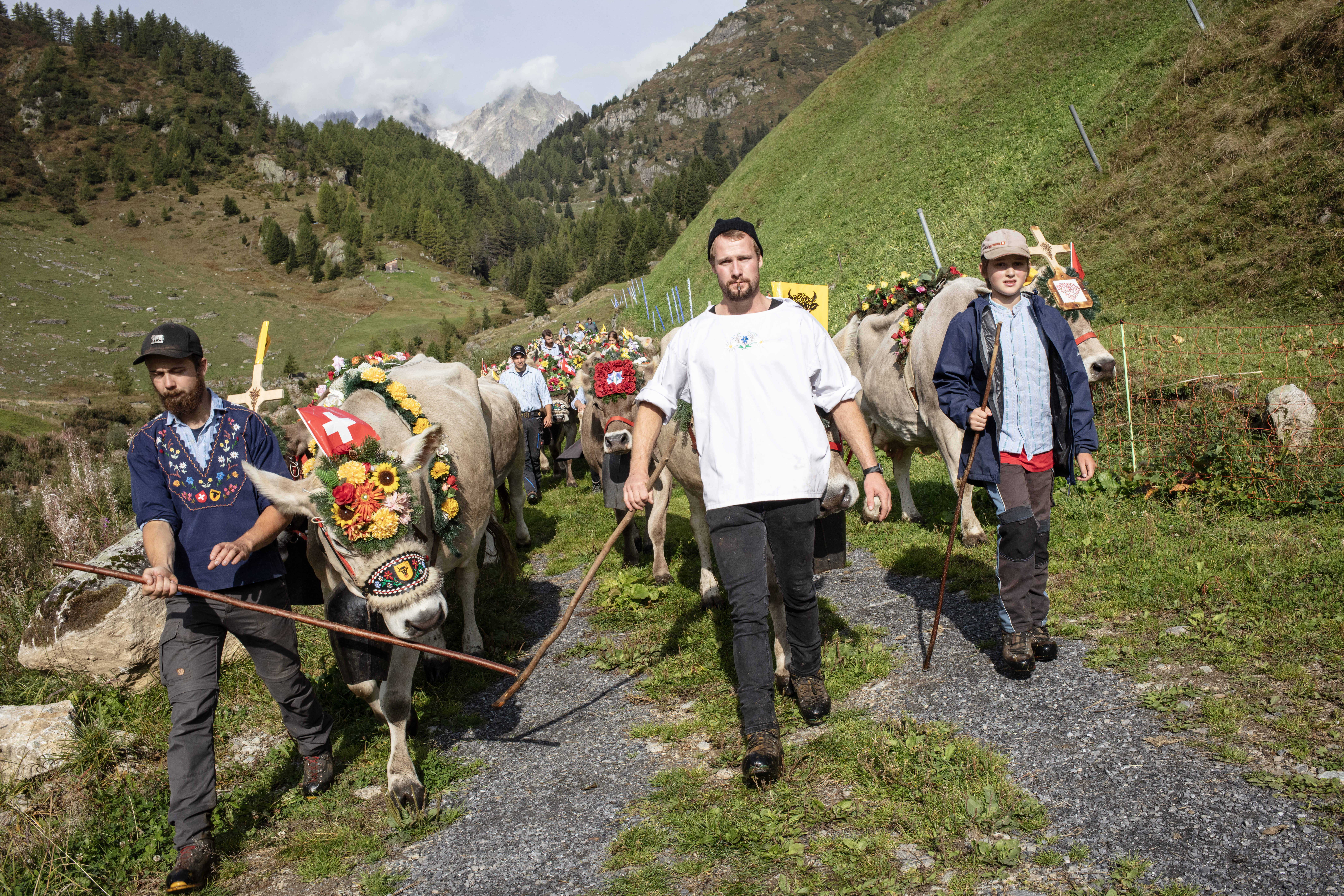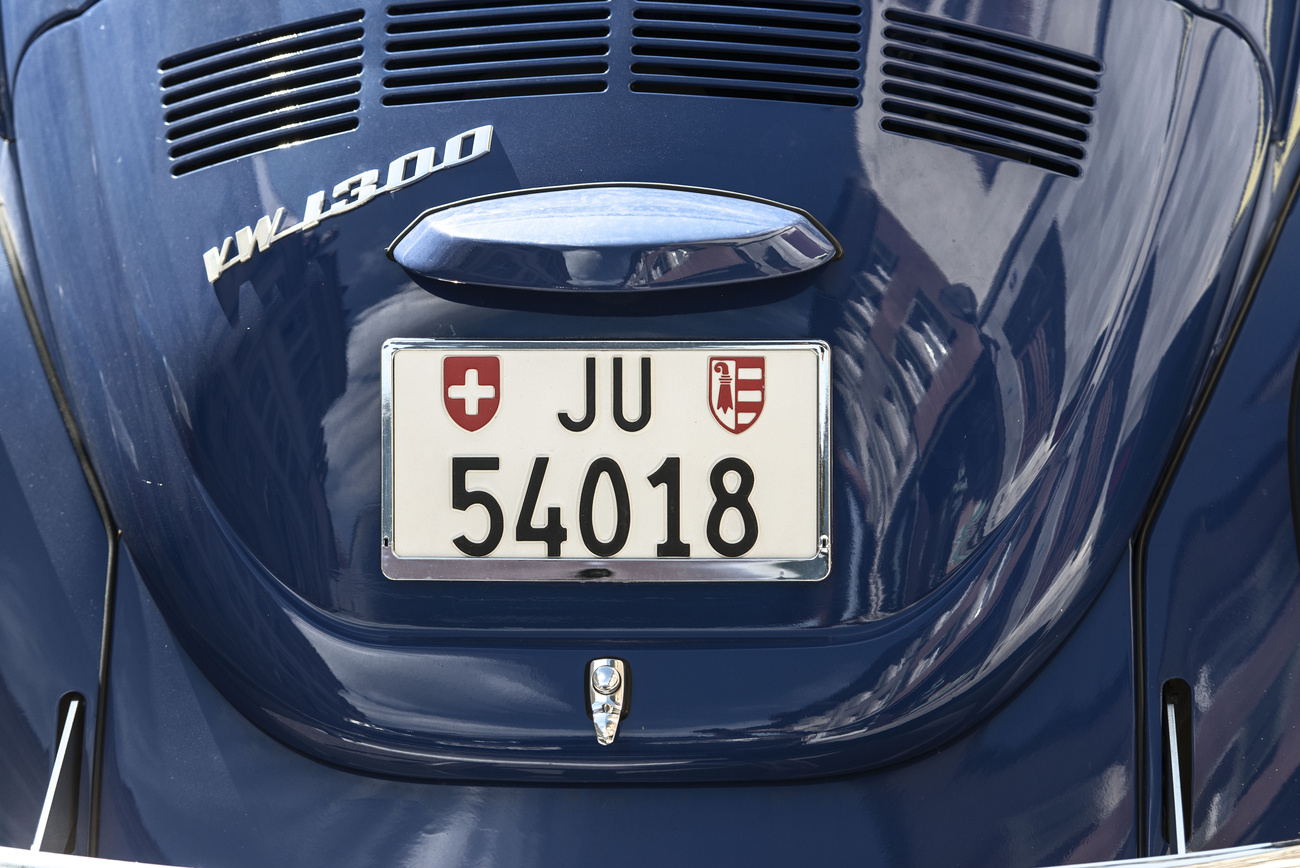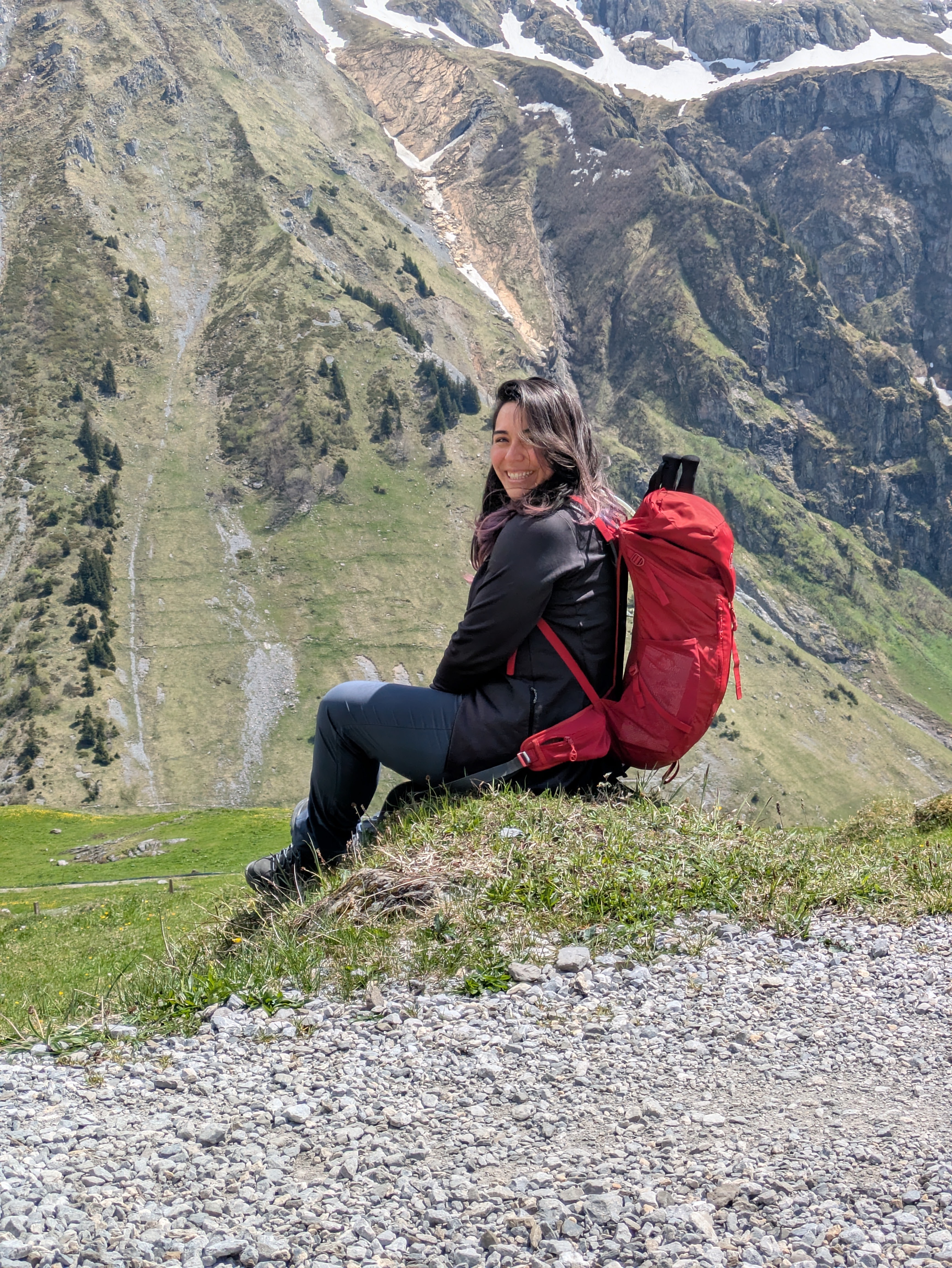
What careers did Switzerland’s students choose this year?

Around 85,000 young people in Switzerland recently had to make a decision about which profession to train in. The latest survey of their choices has revealed, as ever, big differences between the sexes.
As we recently reported, pupils in Swiss schools have to make a big choice at age 14-15: whether to go on to a pre-university baccalaureate school, or whether to do an apprenticeship after obligatory school ends. Most pupils – some two-thirds – opt for the vocational training route. This is far more than countries like the United States and the United Kingdom which tend to favour university education.
Pupils prepare for this with advice from career counselors, work experience, and talking it out with parents and friends.
+ Is 14 is too early to make a career choice?
+ Reactions to choosing a career at 14
But what did this year’s contingent choose for careers? The first “transition barometer”, recently publishedExternal link by the State Secretariat for Education, Research and Innovation (SERIExternal link), has some answers.
It found that of the 85,000 young people aged 14-16 making their decision, 57% had already found a follow-on solution by March-April.
The most popular student choice/desire was an immediate apprenticeship at 51% (last year, 53%External link), followed by the pre-university baccalaureate school, which offers an all-round education, at 33% (last year 32%). Around a fifth opted for a bridging or interim option, such as taking extra courses to prepare for certain professions, or taking a year out.
Academic route: becoming more popular
“Across Switzerland, the baccalaureate has gained more interest and the desire for a general education has a stronger showing than last year,” noted the SERI in a statement.
This follows a general trend among parents with an academic background and some expats who want their children to attend baccalaureate schools. In some areas of the city of Zurich, for example, half the class sat the tough baccalaureate school entry exam (cantons, which are in charge of educational matters in Switzerland, vary in their entry requirements).
More girls opted for the academic route (45%) than boys (29%) and baccalaureate schools were more popular in the French-speaking and Italian-speaking parts of Switzerland than in the German-speaking part.

More
What do kids want to be when they grow up?
Gender and profession
The professions chosen or on the wish list of the 14-to-16-year olds also varied according to gender, as can be seen below.
Newly arrived on the top three are social care worker for girls and electrician for boys. “Despite the emerging changes on the job market, many young people choose apprenticeships that have long been popular,” noted the SERI.
“Many prospective apprentices signed an apprenticeship contract after doing work experience first.”
That boys and girls choose certain professions and that there is a lack of girls in science and tech jobs has long been a topic of debate in Switzerland. Studies have found that girls’ decisions can be influenced by wanting to combine work and family later on, so they opt for jobs that allow part-time working, as well as persistent perceptions about what is a “female” and “male” job.
+ Read here why girls in Switzerland tend to shy away from physics
Transition barometer
This survey of pupils’ education choices after obligatory school is published twice a year (April and August) by the State Secretariat for Education, Research and Innovation (SERIExternal link). The aim is to show the current situation and trends.
It covers the transition period between obligatory school, which ends at 15-16 in Switzerland, and the upper secondary levelExternal link of education. The next step usually vocational training or attending a baccalaureate school that prepares for university and offers a general education. Upper secondary is not compulsory, but over 90% pupils opt for it. Pupils are usually aged 19-20 when they have finished upper secondary level.

In compliance with the JTI standards
More: SWI swissinfo.ch certified by the Journalism Trust Initiative































You can find an overview of ongoing debates with our journalists here . Please join us!
If you want to start a conversation about a topic raised in this article or want to report factual errors, email us at english@swissinfo.ch.